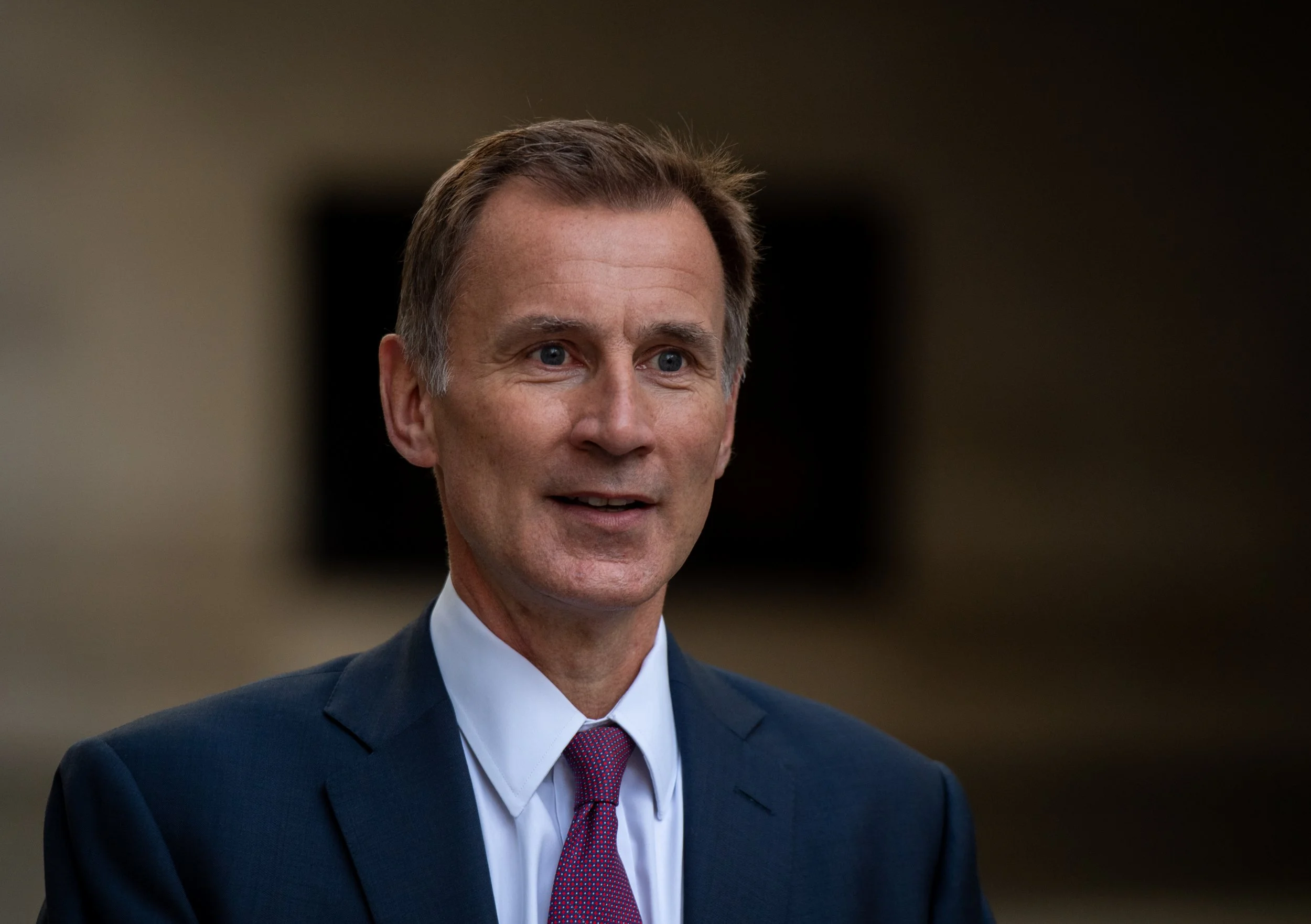The average price of property entering the housing market has increased by 0.8% in March, according to the latest Rightmove House Price Index.
This rise, worth £2,906, has taken the average new property price to £365,357.
Rightmove’s data indicated that this is below the average monthly rise of 1.0% seen in March over the last 20 years, reflecting “a higher degree of pricing caution” by many new sellers than is usually seen at this time of year.
However, the property expert’s analysis revealed the exception to this caution was a 1.2% monthly price jump in the larger home top-of-the-ladder sector, in contrast to more modest 0.4% and 0.5% respective rises in the first-time buyer and second-stepper sectors.
Overall, new seller asking prices are now £5,800 below the peak from October last year, with annual price growth continuing to ease and now at 3.0%. Rightmove suggested its data is pointing towards a market on “a much more stable footing” than many experts anticipated, and cautiously transitioning towards the activity levels of the more normal market of 2019.
“The beginning of the spring season sees stability and confidence continuing to return to the market as it recovers from the turbulence at the end of 2022,” commented Rightmove director of property science, Tim Bannister.
“The pace of the market reached an unsustainable level in the last two years, and was on track to slow to a more normal level, though the speed of this slowdown to more normality was accelerated by the reaction to September’s mini-Budget.
“While higher mortgage rates and economic headwinds raise challenges, many potential home movers who were effectively sidelined in the frenetic bidding wars of the last two years will find that a slower-paced market gives them time to plan and secure their next move as we enter the traditionally busy spring-buying season.”
While the modest 0.4% rise in average second-stepper asking prices reflects a more “muted” level of activity, Rightmove stated, the property expert said the 1.2% rise in the most expensive property sector appears to be “over-optimistic”, given the slower recovery in sales agreed numbers.
Rightmove also suggested that some sellers in this sector may need to temper their price expectations in order to attract more buyer interest and secure a sale.
“Lagging sales agreed in the larger homes sectors are likely to be caused by a combination of factors including fewer pandemic-driven moves to bigger homes, a more cautious approach to trading up due to the cost of living, and even perhaps concern over the running costs of a larger home,” Bannister added.
“Meanwhile sales in the first-time buyer sector are likely being helped by some deposit assistance from family. The differing performance of smaller and larger homes highlights the multi-speed, hyper-local market.
“Sellers looking to take advantage of traditionally strong buyer interest during the spring moving season should seek the expertise of a local estate agent, who will have their finger on the pulse and be best placed to advise on their local market.”
Latest News
-
Average UK house price surpasses £300k – Halifax
-
Bank of England holds base rate at 3.75%
-
Mortgage Advice Bureau acquires Dashly
-
Bridging loans fall to lowest average completion time in eight years
-
Regulators announce first six firms to join ‘Scale-Up Unit’
-
House prices recover month-on-month in January – Nationwide
Perenna and the long-term fixed mortgage market

Content editor, Dan McGrath, spoke to head of product, proposition and distribution at Perenna, John Davison, to explore the long-term fixed mortgage market, the role that Perenna plays in this sector and the impact of the recent Autumn Budget
The role of the bridging market and technology usage in the industry
Content editor, Dan McGrath, sat down with chief operating officer at Black & White Bridging, Damien Druce, and head of development finance at Empire Global Finance, Pete Williams, to explore the role of the bridging sector, the role of AI across the industry and how the property market has fared in the Labour Government’s first year in office.
NEW BUILD IN FOCUS - NEW EPISODE OF THE MORTGAGE INSIDER PODCAST, OUT NOW

Figures from the National House-Building Council saw Q1 2025 register a 36% increase in new homes built across the UK compared with the same period last year, representing a striking development for the first-time buyer market. But with the higher cost of building, ongoing planning challenges and new and changing regulations, how sustainable is this growth? And what does it mean for brokers?
Does the North-South divide still exist in the UK housing market?

What do the most expensive parts of the country reveal about shifting demand? And why is the Manchester housing market now outperforming many southern counterparts?
In this episode of the Barclays Mortgage Insider Podcast, host Phil Spencer is joined by Lucian Cook, Head of Research at Savills, and Ross Jones, founder of Home Financial and Evolve Commercial Finance, to explore how regional trends are redefining the UK housing, mortgage and buy-to-let markets.
In this episode of the Barclays Mortgage Insider Podcast, host Phil Spencer is joined by Lucian Cook, Head of Research at Savills, and Ross Jones, founder of Home Financial and Evolve Commercial Finance, to explore how regional trends are redefining the UK housing, mortgage and buy-to-let markets.
© 2019 Perspective Publishing Privacy & Cookies










Recent Stories